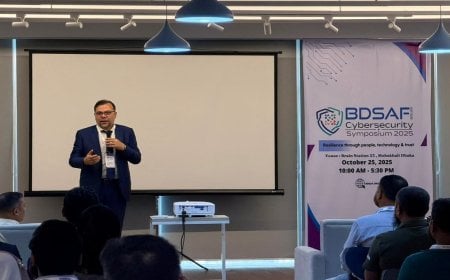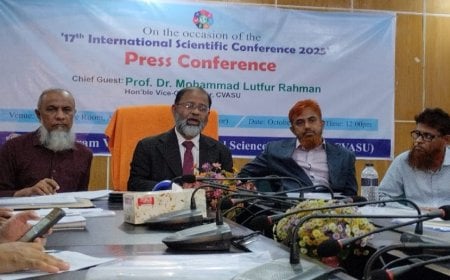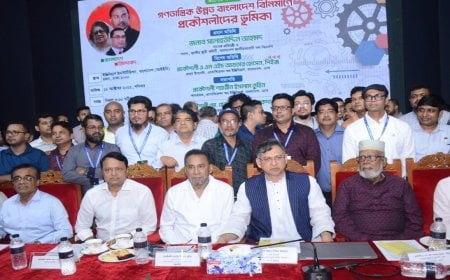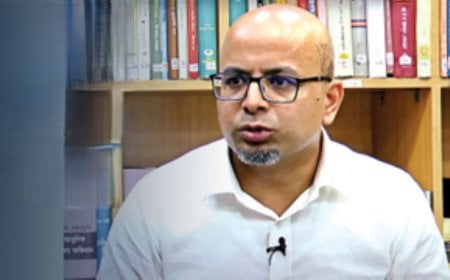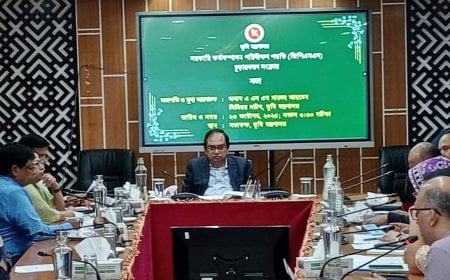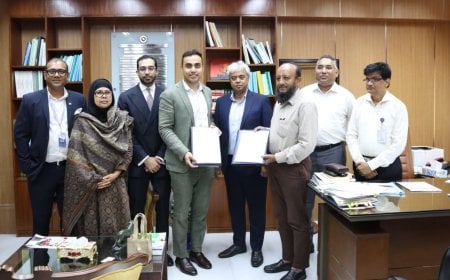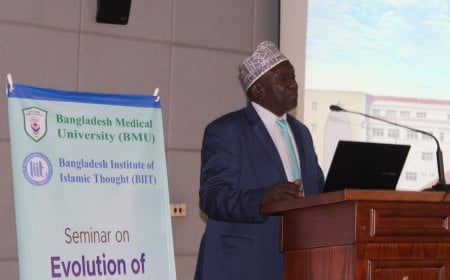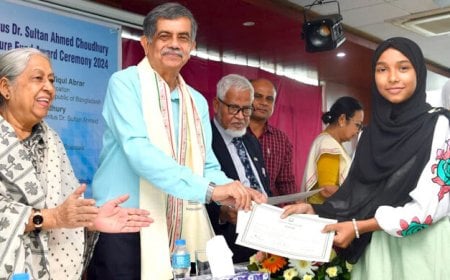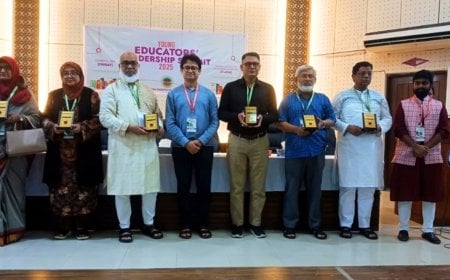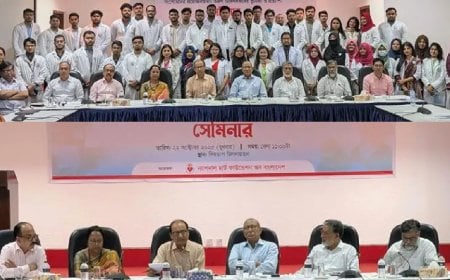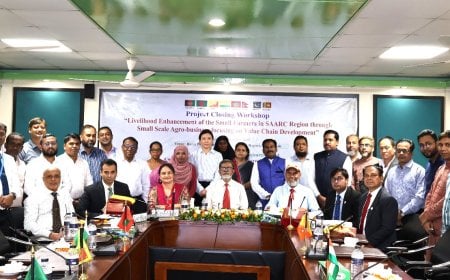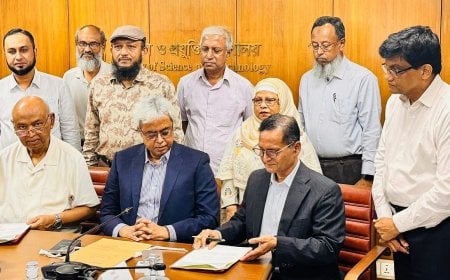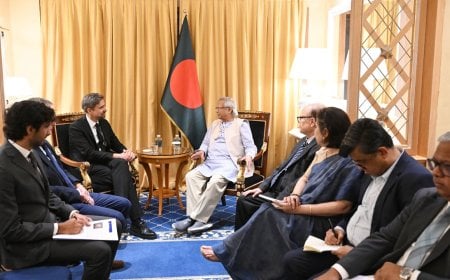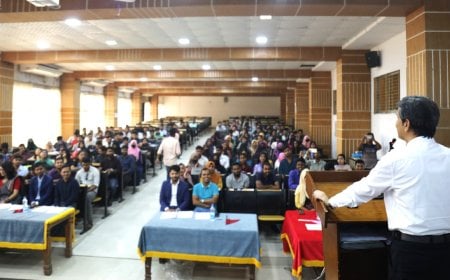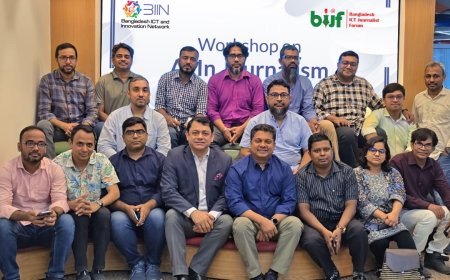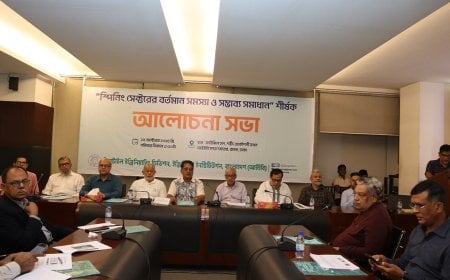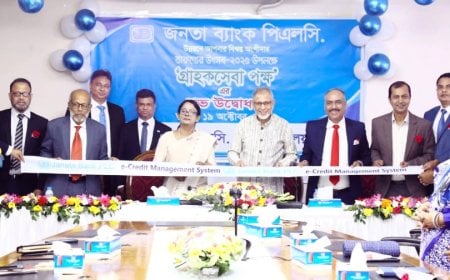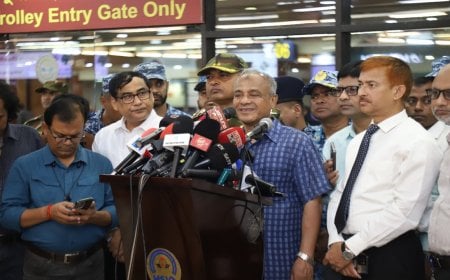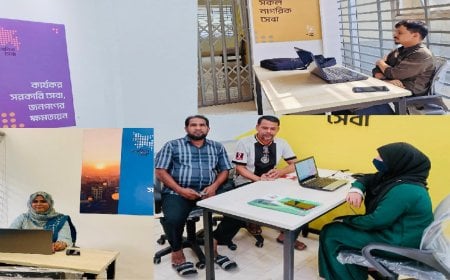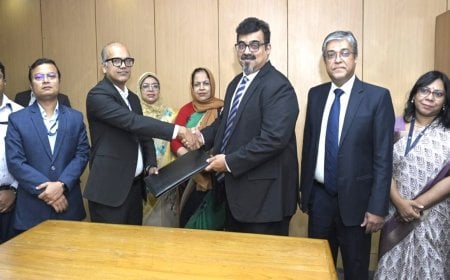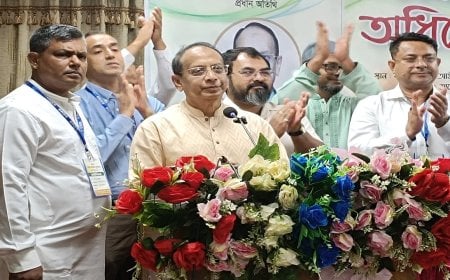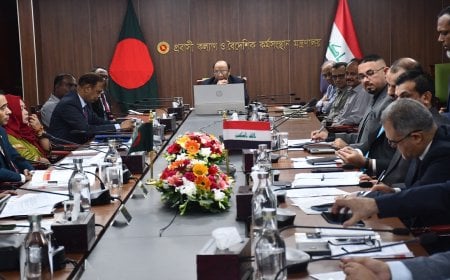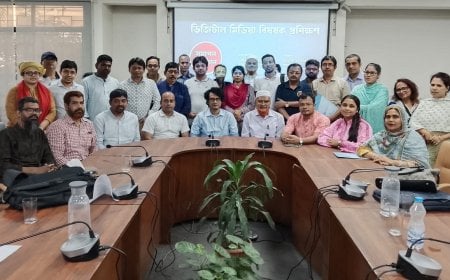Doctors Demand Decisive Reforms for Stronger Tobacco Control Including e-Cigarettes

Stakeholders in the tobacco control sector have made six key policy recommendations to strengthen the implementation of the World Health Organization’s Framework Convention on Tobacco Control (FCTC) and protect children and adolescents from tobacco and e-cigarette exposure. Among the major proposals are effective regulation of e-cigarettes, elimination of designated smoking areas in public places and transport, a ban on the display of tobacco products at sales points, prohibition of tobacco companies’ corporate social responsibility (CSR) activities, discontinuation of loose tobacco sales, and an increase in the size of pictorial health warnings on packaging from 50% to 90%.
These demands were presented on Wednesday, 22 October, at a seminar titled “The Need to Amend the Tobacco Control Law for Preventing Non-Communicable Diseases and Protecting Youth: The Role of Young Physicians,” organized by the National Heart Foundation of Bangladesh at the CIRDAP Auditorium in Dhaka.
Presenting the keynote paper, Dr. Farzana Rahman Munmun highlighted findings from the Global Youth Tobacco Survey (2013), noting that 9.2% of Bangladeshi boys and 2.8% of girls aged 13–15 smoke, while 6.2% of boys and 2.9% of girls use smokeless tobacco. The study also found that 59% of students are exposed to secondhand smoke in public places and 31.1% at home.
“The use of tobacco and e-cigarettes among adolescents is rising globally,” she said. “Tobacco companies are targeting youth through aggressive digital marketing, fueling this growth. Therefore, the proposed amendment to the tobacco control law by the Ministry of Health must be passed without delay to protect young people.”
Dr. Mahfuzur Rahman, Additional Director of the Bangladesh Hypertension Control Initiative under the National Heart Foundation Hospital and Research Institute, stated, “Tobacco smoke harms not only smokers but also those around them. Secondhand smoke poses serious health risks for children, women, and the elderly. In Bangladesh, over 61,000 children under the age of 15 suffer from illnesses caused by secondhand smoke. To protect them, it is essential to abolish designated smoking areas (DSAs) in public places and transport.”
He further added, “Tobacco product displays at points of sale must be prohibited so that children and adolescents are not drawn to smoking. Tobacco companies’ so-called CSR activities should also be banned, as they entice young people. Amending the existing tobacco control law to protect non-smokers and youth is now a matter of urgency.”
Professor Dr. Bidhan Ranjan Roy Poddar, Advisor to the Ministry of Primary and Mass Education, serving as the chief guest, emphasized the need to modernize the Tobacco Control Act. “Tobacco is a silent killer that damages not only the lungs but also the heart and brain,” he said. “Every day, hundreds of people die prematurely due to tobacco-related diseases, posing a major barrier to human resource development and economic growth. To safeguard public health and prevent non-communicable diseases, timely amendment of the tobacco control law is essential. I will communicate with the relevant authorities to ensure the amendment is enacted swiftly.”
Presiding over the event, Professor Dr. Khondker Abdul Awal Rizvi remarked, “Tobacco is one of the main causes of non-communicable diseases such as heart disease, stroke, and chronic respiratory illnesses. Around 37.8 million people in Bangladesh use tobacco, and four out of ten are exposed to secondhand smoke. More than 161,000 people die prematurely every year due to tobacco-related causes. To protect the young generation from this threat, passing the proposed amendment without delay is crucial.”
The seminar, moderated by Dr. Ramisa Fariha, Vice President of Platform Doctors Foundation, was attended by Sheikh Momena Moni, Additional Secretary (World Health Wing), Ministry of Health; Sharaf Uddin Ahmad Chowdhury, Divisional Commissioner, Dhaka Division; Akhtaruzzaman, Director General (Joint Secretary) of the National Tobacco Control Cell; Professor Dr. Sohel Reza Chowdhury, Head of the Epidemiology and Research Department, National Heart Foundation Hospital and Research Institute; Naimul Azam Khan, Advisor to the Foundation’s Tobacco Control Program; Dr. Aruna Sarker, Program Coordinator; and Abu Jafar, Senior Communication Officer, along with representatives from various anti-tobacco organizations.

